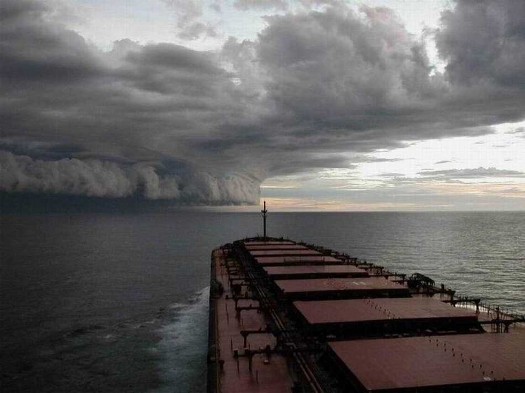 One of the things I do after switching on the PC is to check my share prices. Today the market is up and the portfolio reflects that.
One of the things I do after switching on the PC is to check my share prices. Today the market is up and the portfolio reflects that.
However, this is unlikely to last!
I have set up a spreadsheet on the PC which has a section that portrays each stock as a percentage of the total portfolio. This varies between stocks as the individual prices vary. Today it shows that Dunedin [Income Growth Investment Trust] makes up 15.59% of the portfolio – with Lloyds Bank 6.51%, Phoenix Group 32.14%, RDS[hell] (B shares) 39.92% and SSE PLC 5.85%.
All sensible persons would suggest that your Editor is a fool!
– The portfolio is too focused on the UK.
– The portfolio is too concentrated (over-weight) in two stocks (Phoenix Group & RDS[hell] (B shares)).
– SSE PLC is at risk of expropriation if Comrade Corbyn enters #10.
The two stocks which will suffer most in the event of a hard Brexit will be Dunedin and Lloyds Bank. This because contained in Dunedin’s portfolio are firms that will be affected by a slump in consumer/retail demand and Lloyds, being the UK’s largest lender, is exposed to the personal financial difficulties of the UK’s population as a whole.
That is NOT to say the others will not be affected!
In the capable hands of it’s Group Chief Executive Officer, Mr Clive Bannister, Phoenix Group will, I am sure be able to weather the storm coming it’s way. That of course leads us to the oil “super major” Royal Dutch Shell.
The board of RDS with Ben van Beurden at the helm has several major challenges to face – of which Brexit is but one. Mr van Beurden has the awkward difficulty of running RDS in a profitable and sensible way whilst at the same time having to pander to the concerns of numerous governments and major shareholders together with many members of the publics (across many nations) that CO2 is a problem – when of course it is NOT!
Not that Mr van Beurden could/would ever admit to such!
Happily for the many shareholders of RDS, history has come to their aid – in terms of assisting their dividend income. This is because crude oil and natural gas are for political and historical reasons, traded in the US $. This one fact is not only to the advantage of RDS shareholders, but also to the advantage of every person working and living in the USA. This is because this fact sustains the US economy and it’s ability to borrow the money it has and that which it continues to borrow.
Happily, for the many RDS UK shareholders a hard Brexit that results in a slump in the value of Sterling against other major currencies – including of course the US $ – will to a very great extent offset the other negative aspects.
I have calculated that should there be a hard Brexit, the increase in the Shell dividend will more than offset any cut in dividend from such as Dunedin, Lloyds Bank and SSE PLC.
Speaking the Truth unto the Nation
